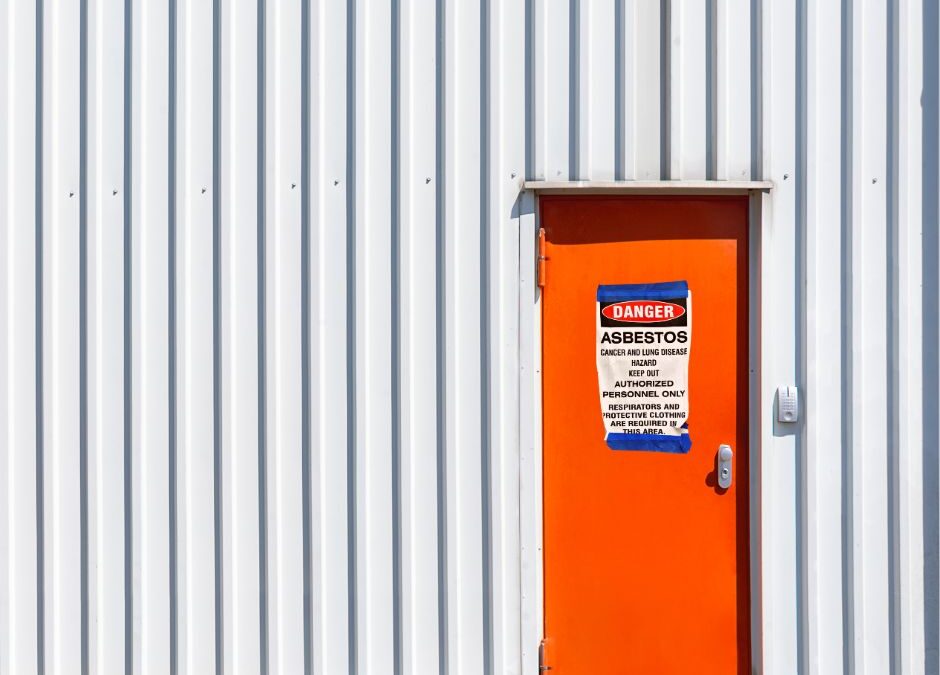We mention the asbestos ‘Dutyholder’ often in our blogs and across our website, speaking of their duty to manage asbestos. However, the term Dutyholder may not be one you are familiar with and pinning down a building’s Dutyholder may be difficult. This is because who has the responsibility to manage asbestos is likely to change depending on the type of property it is.
In this blog, we have explored further into who the Dutyholder might be for different premises and answered some of the most commonly asked questions regarding a person’s duty to manage asbestos.
What is a ‘Dutyholder’?
The Control of Asbestos Regulations 2012 defines the Dutyholder as:
“Every person who has, by virtue of a contract or tenancy, an obligation of any extent in relation to the maintenance or repair of non-domestic premises or any means of access or egress to or from those premises; or
in relation to any part of non-domestic premises where there is no such contract or tenancy, every person who has, to any extent, control of that part of those non-domestic premises or any means of access or egress to or from those premises”
Simply put, a Dutyholder is a person who is responsible for managing any asbestos-related issues within a non-domestic property and it is their legal duty to ensure that any ACMs do not pose a risk to health.
What is the duty to manage asbestos?
Asbestos is a banned material within the construction industry and for good reason. Asbestos exposure can cause a number of serious health conditions, such as Asbestosis, Mesothelioma and many other kinds of cancers.
It is for this reason that ACMs must be tightly controlled and managed in order to minimise exposure to asbestos. The Control of Asbestos Regulations suggests that this can be done in a number of ways.
Firstly, having an asbestos survey undertaken will enable you to identify any asbestos in your property and discover the type, quality and deterioration. Once you have this information, you can put in place an Asbestos Management Plan. As the name suggests, this plan sets forth how you intend to manage the asbestos, be it with removal or remediation works, regular re-inspections or otherwise.
Who could be a Dutyholder?
As we have covered, a Dutyholder is only a legal requirement for commercial properties, domestic properties such as homes do not need to be managed in this way. You may be the Dutyholder of a commercial property if you own the building or are the landlord, or are taking charge of any refurbishments, maintenance or demolition works in a multi-occupancy building (such as a block of flats, including communal areas). It is important to note here, you may be the Dutyholder even if a formal tenancy or contract is not in place, as stressed in the regulations.
Building types which may require a Dutyholder
As Dutyholders are required for all non-domestic premises, there are a plethora of different building types which fall under this regulation. You have the duty to manage asbestos if your property is across the following sectors:
- Commercial
- Industrial
- Public Sector
- Healthcare
- Leisure
- Retail
- The common areas of domestic, multi-occupancy buildings such as flats or apartments. These areas could include stairwells, corridors or common rooms.
Of course, this is not an exhaustive list.
Need help with your duty to manage asbestos?
Our team of asbestos consultants are always on hand to help you with your duty to manage asbestos. We have aided Dutyholders across the country with thorough and reliable asbestos surveys, management plans, re-inspections and removal management. Please get in touch with us if you would like to know more about the services we provide.

